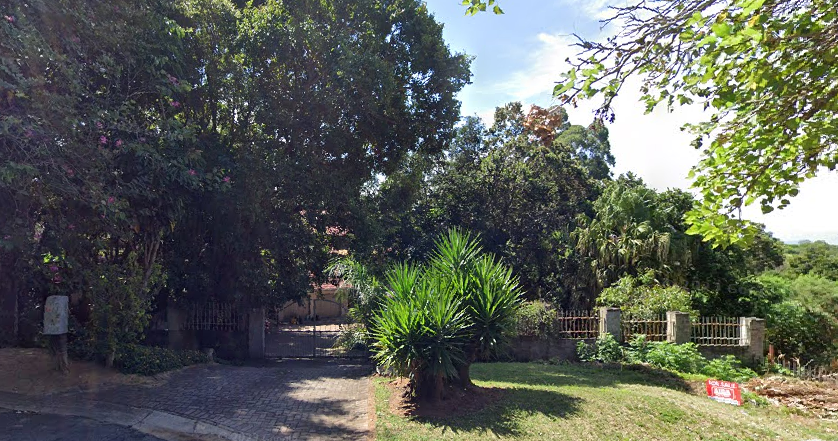So... your marriage is at its end and you want to get what is yours... Right...?
This entire idea of getting what is due is what keeps us attorneys working. If you have never been in Court before, however, you soon learn that having a right and enforcing a right are two different things altogether.
For one- having our constitutional rights cost nothing. Having those rights enforced, however, cost money- especially if it is a right to receive an exact percentage of property...
A defended / contested divorce can easily cost over R 100 000 just by letting the client pursue everything that he/ she wants out of the dispute. In most cases, however, what the client actually gets from fighting to the very end is far less than what it has costed.
Television and movies have romanticised the idea of acrimonious divorces where one party financially ruins the other. These movies and television shows should, however, give a warning for viewers to not try the same thing at home as trying to imitate the heroines in these stories has left many people with huge unpaid legal bills and no gratification.
So- if you are not going to walk out of your divorce rich- what can you expect?
Well- here are the realities that all divorces have in common:
1. You are now on your own- ...at least until you marry again or get yourself into a new relationship...
2. The other spouse has his/ her own life to deal with now. If you have children between you- be civil about it, because as divorcees each of you will have his/ her own problems to deal with and you can no longer count on that person for assistance or support in any other matter than that of caring for your children.
3. Your spouse does not want to give you any money. Not just money- but also any part of the assets that you have between you, be it accrued assets in a marriage out of community with accrual or assets in a joint estate. Don't be surprised if you find him selling off assets left and right after he has received the summons. If you want maintenance- be prepared to go all the way to hearing. Simply asking him to pay extra or writing a letter to his Attorney will not help...
4. Court processes take long. I mean, really, they can take years to finalise. If you do not have the stamina for years of fighting- settle for what is on the table.
5. Life is not as it was when you were married. You used to live in a house that was afforded with your joint income? Now you live in a small apartment and actually have to pay rent out of your income. The water and electricity bill used to be his problem? Now it is yours...
6. The Court no longer cares whose fault it was- Marriage is a choice. Terminating a marriage is also a choice. Nobody is perfect. These three truths are now foremost in the minds of our Judges and Magistrates who hear divorce matters. If you think you are going to score a forfeiture order for showing that your spouse was the first to cheat be prepared- the Court will still order a 50/50 division.
These things are true for all divorces. Along with them other things may or may not occur in various divorces.
So- what is the best thing you can do when you are getting divorced?
Well- there are a couple of things:
1. Get your finances in order: That maintenance payment is not reliable and enforcing it when it gets skipped takes time. Have a backup plan for when that money does not arrive;
2. Mediate- Yes. The Mediator costs money. So does the Court. You just think that it will be easier for you because you were able to emotionally manipulate your Attorney into accepting installments on your legal bills, but in truth an actual divorce trial in court takes much longer than mediation and is far more expensive.
3. Apply for contribution- Your spouse has more money than you and now rather wants to litigate you out of pocket? Well... if that is the case you can apply to the court for an order that your spouse pays a contribution towards your legal costs.
4. Don't fight over the children- Seriously, you just look ridiculous doing that. If you and your spouse cannot agree on how the two of you will care and maintain contact with your children a Family Advocate will give guidelines.
5. Budget for maintenance expenses beforehand. Thinking about maintenance before the claim reaches you or before you institute the claim save you a lot of trouble afterward...
6. Settle- In the end- the freedom to move on and put the unpleasantness behind you will always be the best thing to get out of any divorce. When you get it is up to you. Nothing else is guaranteed.
Lastly- in the years to come your divorce will be less than an afterthought. Life has a lot to offer each of us. Some of us wish to put it all on hold until we have finished fighting this or that battle. The more time you spend on fighting the longer you are putting life on hold.
If you want to begin and end your divorce the right way- come and see us.









